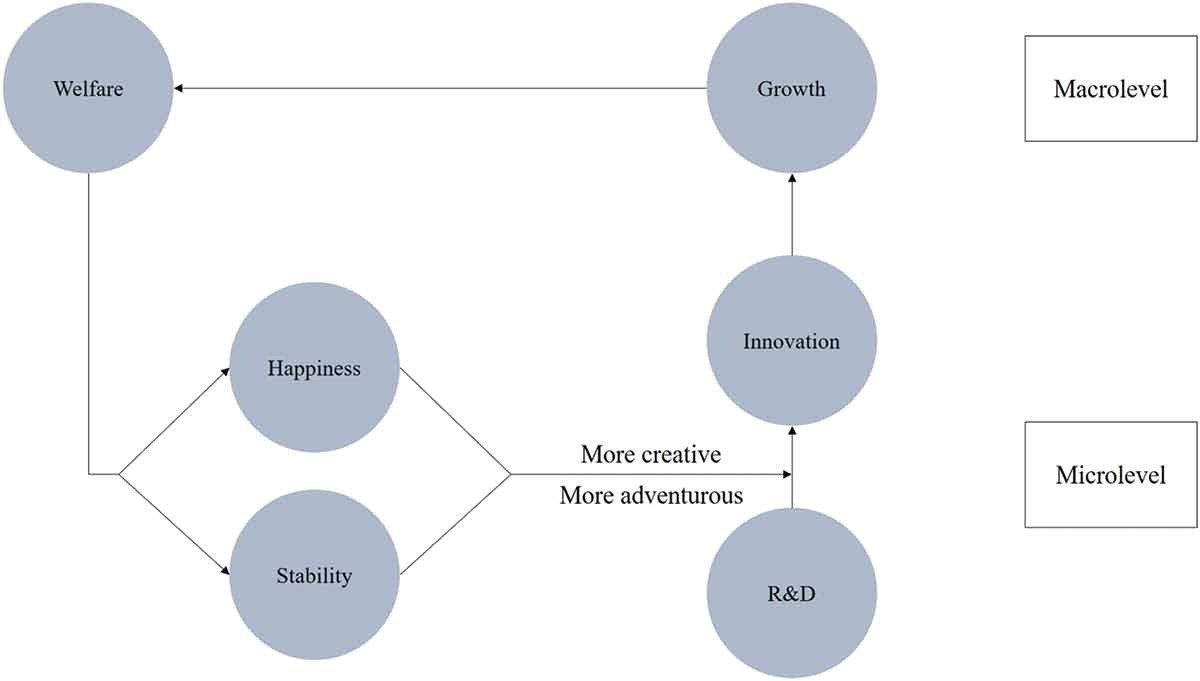| Economy
Why the Welfare State Benefits the Economy
Even though welfare policies are oftentimes a popular fact of life in place outside the US, political discourse here has had an odd aversion to them. Despite this, their benefits for economic sustainability and social benefit still remain understated.
By Nicholas Just, 2 May, 2022
Image Credit: Stefan Rousseau/PA
Recently in the United States, the most divisive aspect of the most radically left-wing politicians’ platform is usually related to public social spending in some way (ex: Bernie Sanders’ single payer healthcare plan). While it is controversial stateside, expanding the welfare state is generally a moderate position in the rest of the world.
It turns out, radical expansion of the welfare state is exactly what this country needs and could lift up every American. The United States is a country of high income and wealth inequality; with welfare we can empower our working class.
Less than two years ago during the 2020 Democratic primaries, the overtly moderate Pete Buttigieg admitted that Denmark was the best country to live out the “American Dream” in reference to the country's very high social mobility. Places with high social mobility have robust and comprehensive social welfare programs that work to fight income inequality.
Income inequality and social mobility do have a documented relationship. As it turns out, curbing economic inequality is not only likely to increase social mobility, but also that, "welfare can harness a country’s innovative potential and contribute to the country’s long-term growth".
Welfare guarantees us all individually a certain level of happiness and stability that will empower us to be more adventurous and creative. The innovation risk constantly looms over the innovator, the security a welfare state provides will eliminate or lessen the hazards.
Figure 1. Welfare as a moderator of innovation. Koo, et al.
This model from a study conducted by Yonsei University will help to visualize the relationship between welfare and innovation. As the article mentioned, it is based on patent applications in the Organization for Economic Co-operation and Development (OECD) and a scholarly review of the literature pertaining to the topic; I encourage those who personally disagree with this relationship to read the article and become a part of this discussion.
American politicians of the past implemented welfare systems that many Americans rely on today, such as the Social Security Act or the Temporary Assistance for Needy Families program, but today more Americans benefit from private social spending than ever before.
Private social spending refers to programs that employers will offer or grant certain employees like health insurance and retirement benefits. Private social spending is something relatively unique to America, yes it exists in other countries but according to the OECD we are number one by far in this field.
In fact, the OECD says that, “United States public social spending is relatively low, but total social spending is the second highest in the world”. It is possible that the reason that private social spending is so terribly unpopular in the rest of the world is because it is ineffective in fighting poverty and income inequality.
To portray this reality visually, Nathan Lewis with the People’s Policy Project has constructed these graphs comparing public spending consumption with poverty rates among nations, highlighting their relationship (figure A) and then another that attempts to do the same but with private spending consumption instead (figure B).
Figure A (left) and Figure B (right). People’s Policy Project
These graphs show us that there is a strong negative correlation between net public social spending and poverty rates while there is little to no correlation between private social spending and poverty rates. The same can be said for income inequality.
Figure C (left) and Figure D (right). People’s Policy Project
Like with the poverty rates graphs, these graphs show a strong negative correlation between public spending and income inequality, as measured by the Gini coefficient. In contrast, Figure D actually shows a positive correlation between private social spending and inequality. This makes sense, private social spending was never trying to be a privatized version of welfare, it lacks universality. Private social spending exists to make certain jobs more appealing, it is not an alternative to welfare.
Our country is falling short with welfare. Students, the homeless, veterans, those in need of healthcare,parents, and many more are suffering because of this the most, but this issue negatively affects almost every American. Vote to expand the welfare state, and we can immediately improve the conditions of the American working class.




